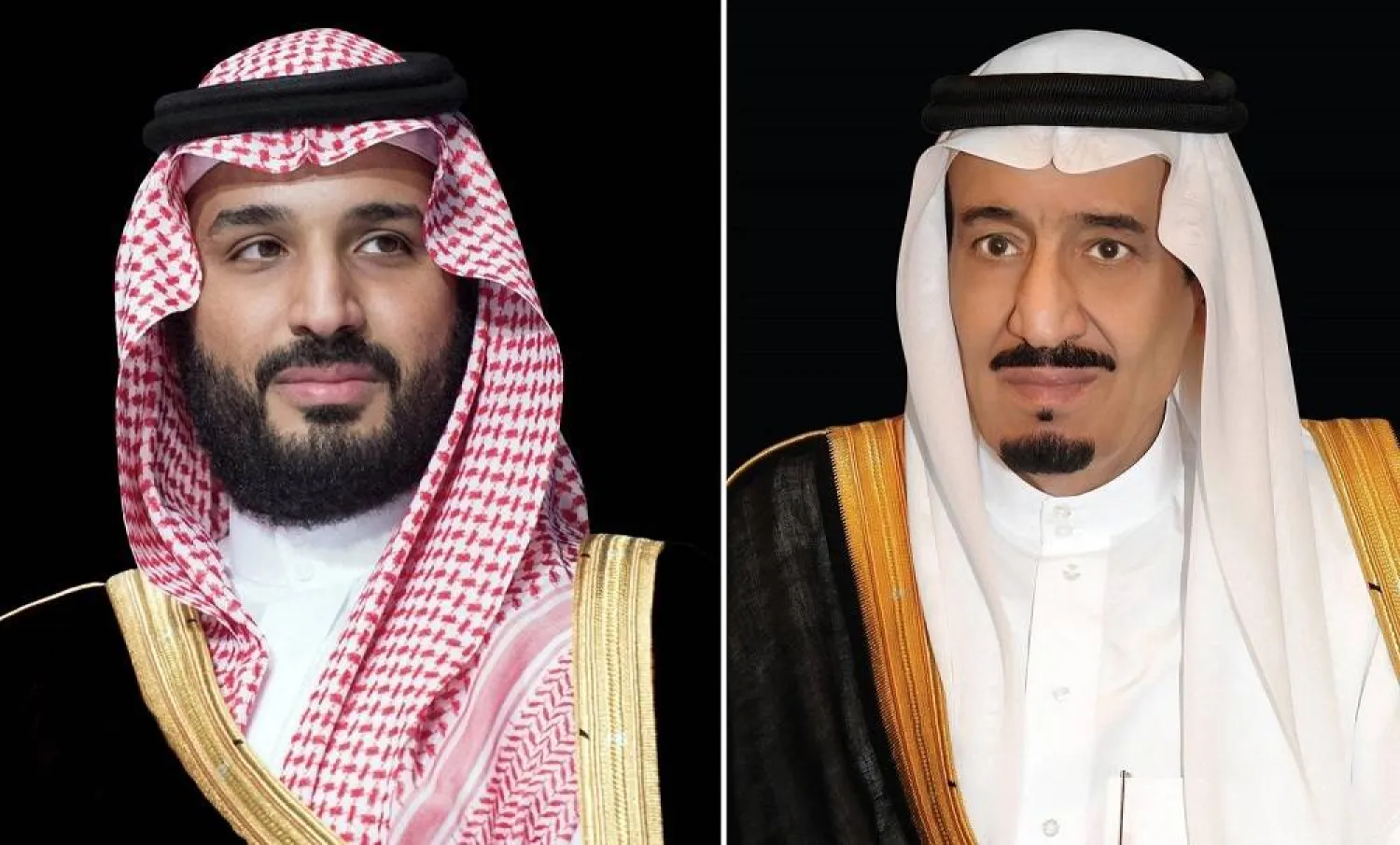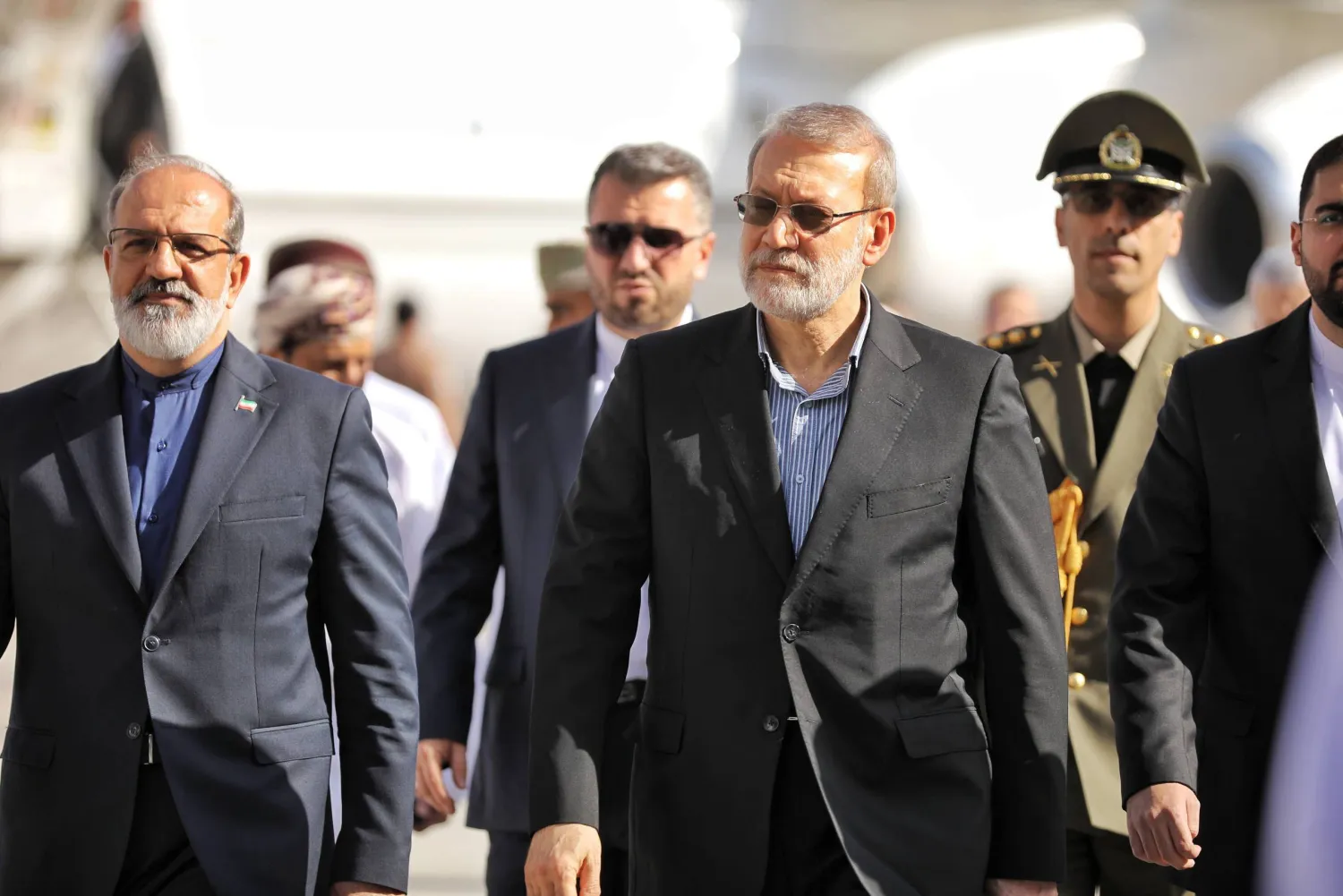The Ukrainian war awakened Germany from its long slumber. After the end of World War II, the country began to reduce its army to its lowest capabilities.
The war has also shaken the European country, which had been taking a long break, following the rupture between its eastern and western territories during World War II, and its rapprochement with Russia, when former Soviet leader Mikhail Gorbachev helped it to regain unity.
As part of this rapprochement, Germany increased its dependence on Russian gas, disregarding repeated warnings that Moscow might exploit this economic entente to manipulate it politically.
Since the outbreak of war in Ukraine in February 2022, the word, “Zeitenwende” has become the most circulated in Germany. It means, “the turning point”, as Berlin found itself forced to rethink its security and energy policies.
Germany embarked on unprecedented defense reforms and began searching for new sources of energy to stop its reliance on Russian gas. This quest led the country to the Gulf. Although the two sides exchange distinguished trade relations, they have many diverging political views, including the stance on Iran.
German Chancellor Olaf Scholz’s expected visit to Saudi Arabia, the UAE and Qatar at the end of next week may be evidence of the importance that the country lays on developing this relationship. This visit can constitute a “turning point” at the political level.
“We Didn’t Understand the Iranian Threat”
In light of all these geopolitical changes, Berlin hosted for the second time a Gulf-German meeting, organized by the Arab-German Friendship Association and the Federal Academy of Security Policy.
The meeting, which was held initially in 2019, was aimed at launching a direct dialogue between the two parties, according to the organizers.
This year, although many developments preceded the meeting, the problems in the Gulf-German relations that were tackled for the first time three years ago have not changed. Germany still refuses to export arms to Saudi Arabia under the pretext of the war in Yemen, and its positions on Iran are still the same.
Nonetheless, there have been some serious turning points. Christian Buck, the German diplomat who heads the political department for the Middle East in the German Federal Foreign Office, said that his country was now reviewing its arms policy, and admitted that the Ukraine war made “Germany realize that weapons play a very important role in defense and that this point has been underestimated” by his country in the past.
The former director of the Federal Intelligence Agency, August Hanning, recently said that the government in Yemen must be supported, blaming Iran’s interference in the country.
He added that it was necessary not only to support the Yemeni government, but also to back Saudi Arabia, which supports that government as well.
Similar stances were expressed by the Greens Party, which holds key positions in the government. The party’s deputy in the European Parliament, Hannah Neumann, admitted that Germany and Europe have been silent for a long time about condemning the Houthi attacks on Saudi Arabia. She went on to say that her country must accept some accusations by the Gulf States, “because we did not understand the Iranian threat in the region.”
A new strategy
However, it was clear in the discussions that the biggest disagreement that still constitutes an obstacle to the development of German-Gulf relations is Berlin’s approach to Iran.
The guest of honor in the meeting, Prince Turki Al-Faisal bin Abdulaziz, Chairman of the Board of Directors of the King Faisal Center for Research and Islamic Studies, did not hesitate to criticize the Europeans.
He noted that the Gulf and European countries “did not find common ground about the threats facing the region due to Iran’s nuclear program and its fueling of insecurity in the Middle East.”
He added that no practical steps have been taken, “although there is an understanding on the part of the European Union for the region’s problems.”
However, Prince Turki spoke of a “turning point” imposed by the war in Ukraine on Gulf-European relations, “which helped Europe understand the importance of the stability of our region and the global energy market.”
Last May, the European Union adopted a “new strategic partnership with the Gulf”, which aims to expand and deepen cooperation between the two parties, according to a statement by the European Commission.
EU Foreign Policy Chief Josep Borrell said at the time that in light of the insecurity and the presence of major challenges facing the existing international order and exacerbated by the Russian war on Ukraine, the European Union and the Gulf States would benefit from a larger and more strategic partnership in a number of key areas.
The strategic paper detailed that strengthening cooperation aimed to increase imports of liquefied gas to Europe, stabilize global oil prices, and cooperate in hydrogen and alternative energy.
The document stated that positively ending the nuclear negotiations in Vienna with Iran would pave the way for a full return to the implementation of the agreement, and could constitute a ground for additional efforts to reduce tension and build confidence in the region.
But since then, the nuclear negotiations with Iran have entered a stalemate, due to Iran’s insistence on imposing additional conditions.
Examining the priorities
The approach to the Iranian file constitutes an obstacle to the development of Gulf-European relations.
Prince Turki was keen to remind the German attendees that the signing of the basic nuclear agreement with Iran in 2015 was supposed to be followed by talks with it about its role in supporting militias in the region.
He called on the Europeans to confront Iran’s destabilizing role in the region and not only work to prevent it from acquiring a nuclear weapon.
However, Prince Turki saw that the new European strategy could form a basis for deeper relations between the two parties, to be followed by a “constructive and fruitful dialogue.”
Although the representative of the Federal Foreign Office at the meeting admitted that Germany was now reconsidering and rearranging its priorities, he maintained cautious diplomatic talk about Iran, reiterating the need not to allow new nuclear states from emerging.
Thus, Germany finds itself unable to make a decision or find an effective strategy to deal with Iran’s interference in the region. This is precisely what has prevented it so far from deepening its defense and security relationship with the Gulf States. However, it may now want to seize the opportunity, in light of its “turning point” strategy, which was imposed on it by the war in Ukraine.









